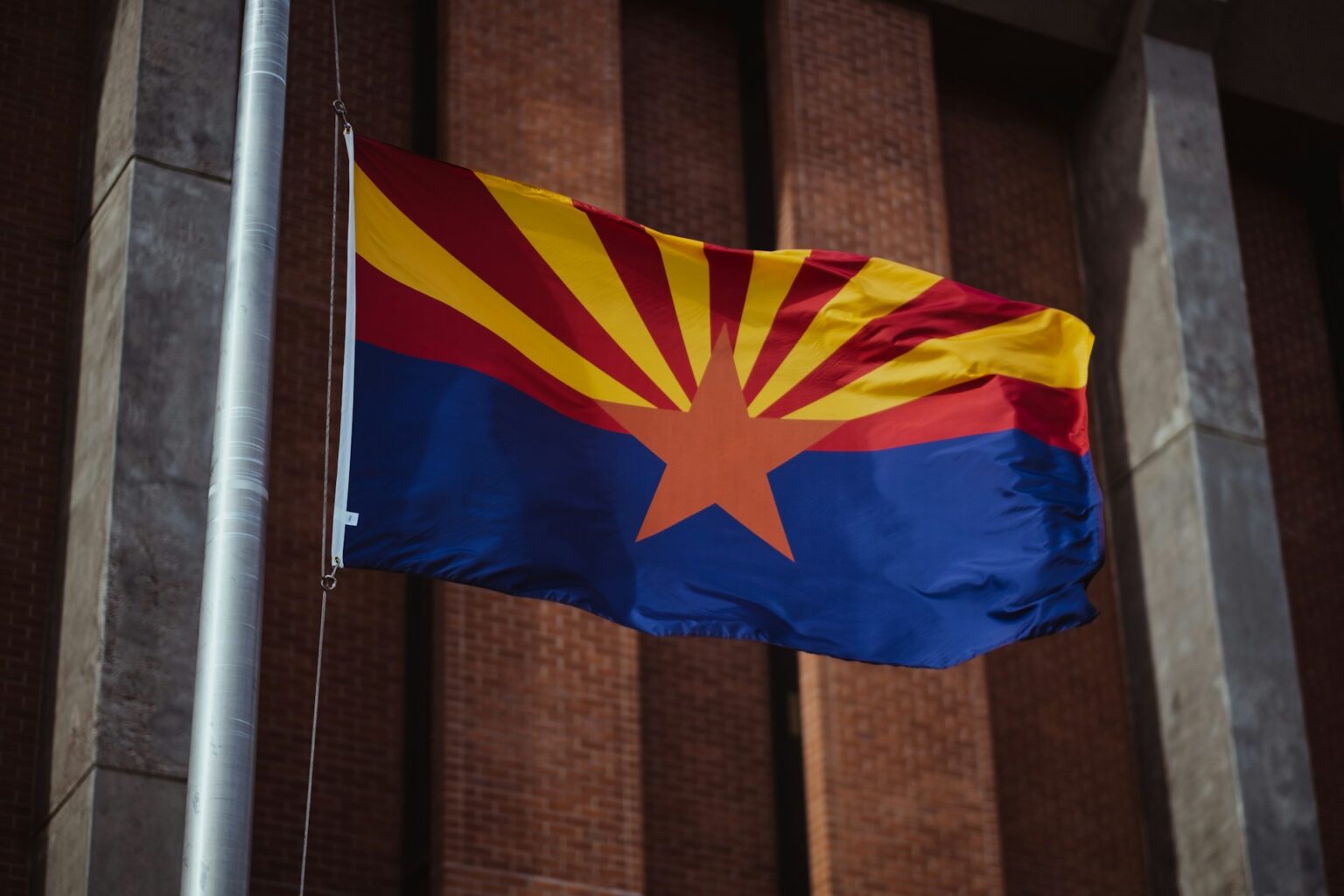In the ever-evolving landscape of digital finance, Arizona stands out as a pioneering state that is reexamining its approach to cryptocurrency. With a history of progressive legislation in the crypto space, Arizona is once again at the forefront by revisiting a previously stalled legislative bill. This move could have a profound impact on how digital assets are handled within the state’s legal framework, blending innovation with regulation. Let’s delve into the intriguing journey of Arizona’s cryptocurrency legislation and what it means for the future of digital reserves.
Arizona Reconsiders Bitcoin Reserve Legislation: A Glimpse into the Future of Digital Assets
Reviving the Bitcoin Reserve Bill: A Legislative Journey
The Arizona State Senate has recently reignited discussions on a previously unsuccessful bill aimed at establishing a Bitcoin reserve. This renewed interest follows a Senate vote of 16-14 in favor of reconsidering the legislation, propelling it back to the House for further evaluation. Spearheaded by Republican Senator Janae Shamp, the bill’s reconsideration allows only those who initially opposed it to bring it back for debate.
House Bill 2324 (HB 2324), introduced by Republican Representative Jeff Weninger, seeks to modernize Arizona’s forfeiture laws to encompass digital assets. This forward-thinking measure aims to equip law enforcement with the necessary tools to seize and manage digital currencies like Bitcoin, including processes to access digital wallets and private keys. The proposed bill also outlines the creation of a “Bitcoin and Digital Assets Reserve Fund” to efficiently manage and allocate seized assets.
In terms of fund allocation, the first $300,000 worth of confiscated assets is designated for the Attorney General’s office. Any excess is to be split evenly between the Attorney General’s office, the State General Fund, and the newly proposed Digital Assets Reserve Fund. Importantly, HB 2324 provides clarity on forfeiture regulations, ensuring protections for innocent owners and imposing limitations on asset seizures during criminal investigations.
Arizona’s Evolving Crypto Legislation
This legislative revival comes on the heels of a successful update to Arizona’s unclaimed property laws, which now include cryptocurrencies. House Bill 2749 (HB 2749), also sponsored by Representative Weninger, received approval from Governor Katie Hobbs on May 7. This bill legally establishes the state’s first Bitcoin reserve by enabling authorities to maintain custody of unclaimed digital assets without tapping into state funds or taxpayer money.
While HB 2749 stops short of allowing investments, it permits the state to transfer unclaimed assets, airdrops, and staking rewards into a reserve. The amendment to the state’s unclaimed property laws also creates a framework for identifying and safeguarding the value of unclaimed digital assets, preparing Arizona for potential future appropriations with legislative sanction.
Despite Governor Hobbs’ recent rejection of other crypto-related bills—citing the volatility and untested nature of digital currencies—HB 2749 marks a significant step toward integrating cryptocurrency within Arizona’s financial framework. The state’s proactive stance could potentially lead to further adoption of pro-crypto policies.
For HB 2324 to progress to Governor Hobbs’ desk, it requires majority approval from the 60 members of the Arizona House.
What Does Arizona’s Crypto Legislation Mean for Investors?
For investors, Arizona’s legislative efforts signal a cautious yet optimistic approach towards integrating digital assets within state policies. The structured handling of unclaimed digital assets could provide a roadmap for other states considering similar measures.
How Might These Laws Impact Other States?
The pioneering steps taken by Arizona may serve as a model for other states looking to balance innovation with regulation in the burgeoning crypto market. The outcomes of these legislative efforts could influence broader adoption of digital asset frameworks nationwide.
Will the Bitcoin Reserve Bill Affect Cryptocurrency Prices?
While the legislative changes are unlikely to directly impact cryptocurrency prices, they may bolster market confidence by establishing clear guidelines for digital asset management and regulation, potentially attracting more institutional investors to the space.
What Are the Next Steps for Arizona’s Crypto Legislation?
With HB 2324 now reconsidered, the focus will shift to gaining the necessary support in the House. If successful, it would then require Governor Hobbs’ approval, marking a significant milestone in integrating cryptocurrency into state policy.

